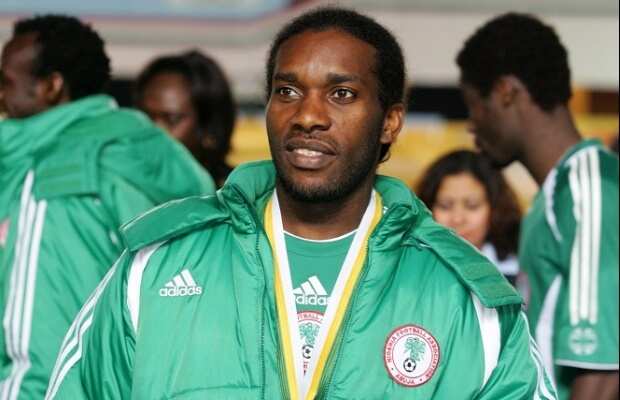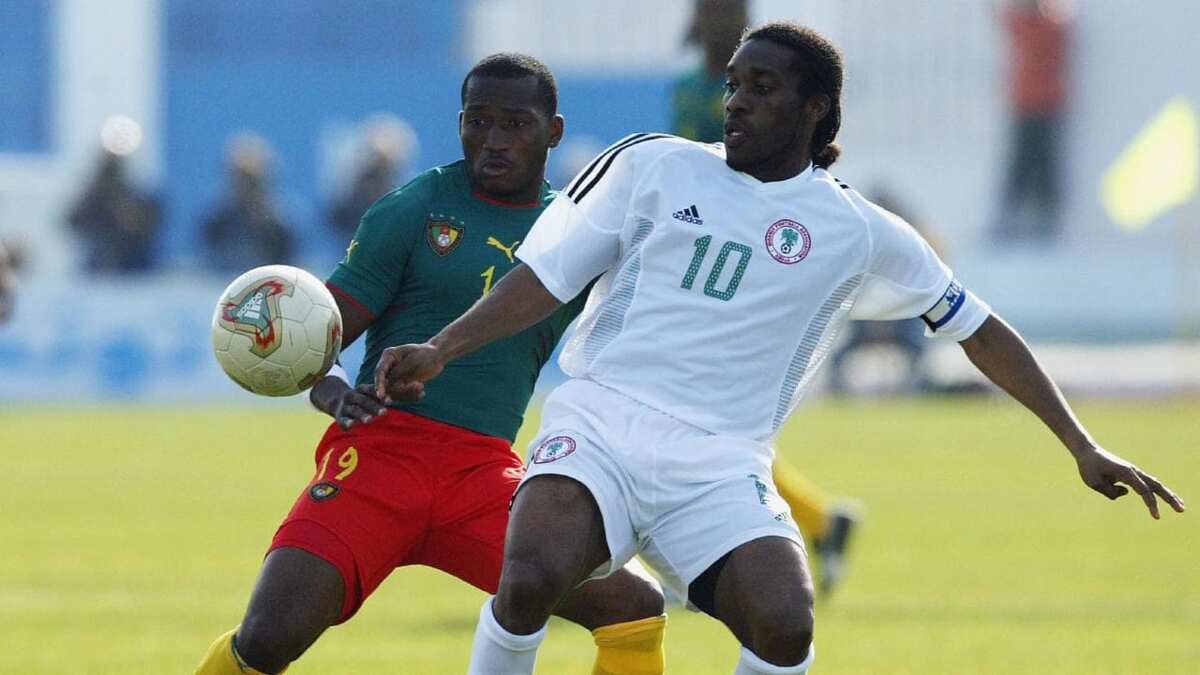One of the greatest Nigerian football players - Jay-Jay Okocha is loved and respected by fans and other players due to his incredible dribbling skills, technique, creativity, and sharp-shooting. So, where is Jay-Jay Okocha now?

Photo: ghanalive.tv
What is Jay-Jay Okocha doing now?
So who is Jay-Jay Okocha? He is a legend of Nigerian football! He is ex-midfielder, who played for different clubs in Germany (Borussia Neunkirchen), England (Hull City AFC and Bolton Wanderers Football Club), Turkey (Fenerbahçe Sports Club), and France (Paris Saint-Germain F.C) for eighteen years all together.
He became a mentor for young and inexperienced Ronaldinho and Nicolas Anelka. During his career from 1990 to 2008, he took part in 445 matches and scored 86 goals. But in 2008 he retired at the peak of his fame.

Photo: foxsports.com.au
READ ALSO: Jay-Jay Okocha's skills - Top 10
He was acknowledged as one of the wealthiest retired footballers with the net worth of 150 million dollars according to buzznigeria.com. So, nothing is surprising in his retirement. He can totally afford to do football analytics and spending more time with his wife and two children.
In 2016, he launched the Jay-Jay Okocha Foundation with the principal goal to use football to promote awareness and strategic importance of education, peace, and unity for the economic growth of the country.
Where does Jay-Jay Okocha live now?
After finishing his brilliant career, Jay-Jay Okocha now lives in Nigeria. Okocha has houses in different parts of Nigeria, he house properties in Europe also.
It is excellent that fans do not forget about the football legend - Jay-Jay Okocha. We believe, that his activities now are full of passion as was his football career.
READ ALSO: Jay-Jay Okocha's net worth, house and cars
Source: Legit.ng
from Nigeria News today & Breaking Naija news ▷ Read on LEGIT.NG 24/7 https://ift.tt/2GsSewZ
via EDUPEDIA24/7
Comments
Post a Comment